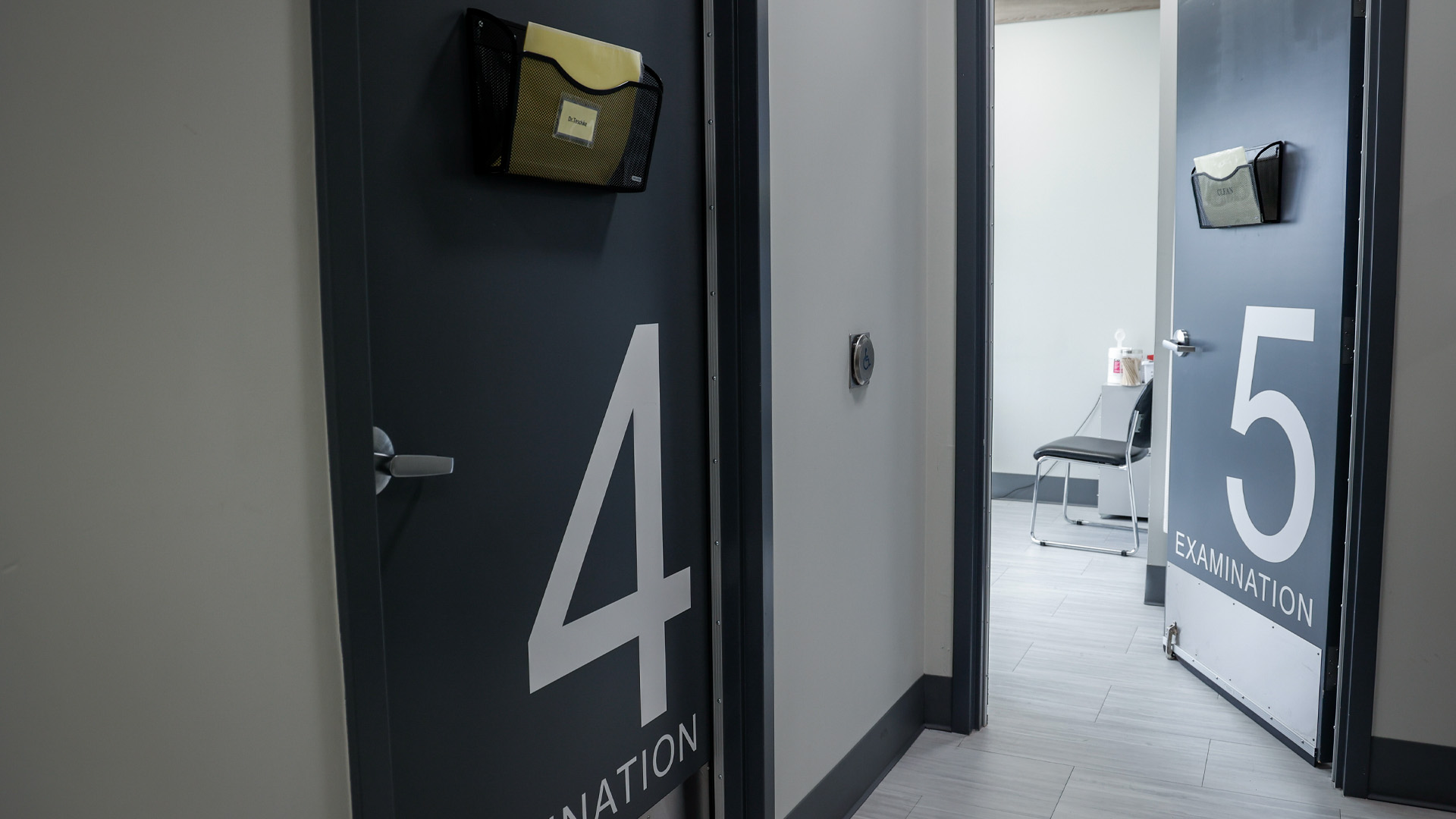
The government took baby steps toward implementing a gender analysis in its budget announced Wednesday. This is important. It’s the first time Canada has developed a budget that looks at the way public policy affects men and women differently, including women who belong to multiple communities, such as Indigenous and immigrant women.
The Canadian Research Institute for the Advancement of Women (CRIAW-ICREF) hopes this budget signals a process of moving forward on commitments to “gender-based analysis plus” (GBA+) across federal government departments. GBA+ assumes that gender combines with other factors such as race, ability, and age to create differences between, for example, older and younger women, white and racialized women, and so on.
Unlike programs targeting gender inequality, an advantage of GBA+ is its underlying premise that all policies and programs are gendered. Applying GBA+ allows policy developers to detect and address unequal gender items, including in policy areas that are not typically seen as gendered, such as taxation, foreign policy, and transportation. Ironically, Status of Women Canada, which is the government body responsible for GBA+ expertise, did not see any increase in its budget to support this work.
While the budget is an important first step in making better public policy, it must be matched with funding commitments that advance women’s equality. It is also critically important that diverse women – including women with disabilities, racialized women, and younger and older women – are given specific consideration.
What are equally important, and what have not been addressed, are the structural conditions that continue to leave women out of some sectors.
Newly announced funding in the budget for child care, health care, and a caregiver benefit, along with plans to address violence against women and lengthen parental leaves, are important measures. What are equally important, and what have not been addressed, are the structural conditions that continue to leave women out of some sectors, and leave them mostly responsible for unpaid care work.
Take the extension of parental leave from 12 to 18 months. It’s a partial improvement because it extends job protections for women. But the eligibility requirements have not changed. This means around 38 percent of parents will not qualify for it – primarily women living on low-incomes. The actual benefit (55 percent of income, stretched over a longer period of time) is not enough to sustain a family. It also ignores evidence showing that men will not take parental leave unless there is an incentive or a requirement for them to do so.
Research also shows that extending parental leave for 14 months or more can harm women’s long-term economic security. According to CRIAW member Kathleen Lahey, a woman who takes a leave of over 14 months “will never regain the same level of income, or chances of promotion or job security, or pension security that she would have otherwise realized.” The new caregiver benefit does not fully recognize the gendered division of care, or other factors, such as the additional challenges facing women with disabilities who also provide care for others. Because women are already time-stretched from unpaid work they provide to many members of society, the extra time needed to earn enough money to support themselves with decent paid work becomes harder to achieve.
While building new housing is important, it also distracts us from the need to address the underlying causes of housing insecurity.
The new housing, innovation and infrastructure strategies are not evaluated for their gender impact. They focus on supply- rather than demand-side issues, and offer limited specifics for helping marginalized communities; for example, newcomers and lone parents. While building new housing is important, it also distracts us from the need to address the underlying causes of housing insecurity, such as poverty and marginalization, as well as the unique challenges facing specific groups, for instance, young LGBTQ+ people.
There are also challenges with the federal approach to investment in infrastructure more broadly. First, there is no requirement the receivers of infrastructure funds to provide training and hire diverse women into predominantly male-sector jobs involved in the building of infrastructure. Second, the implications of the Infrastructure Bank are highly gendered. The new federal Infrastructure Bank will privatize infrastructure through public private partnerships, despite evidence compiled by Toby Sanger and Corina Crawley showing that doing this will make user fees and higher infrastructure costs more likely. Making infrastructure more expensive will eventually mean less money for social programs that benefit women and those needing it most.
And reducing public services means reducing public sector jobs – in hospitals, social services, education, and elsewhere – which eliminates good jobs for women and shifts more unpaid caring work onto their shoulders. CRIAW-ICREF’s research project, Changing Public Services, shows how much women rely on public services to help address the economic and domestic inequalities they face. For example, in the absence of affordable child and elder care, women are much more likely than men to withdraw from the labour market to provide at-home care. Moreover, other public service cuts, such as eliminating the transportation tax credit, will disproportionately impact women’s lives. Indeed, our research has revealed that public transit is a critical public service for many women.
Full implementation of a GBA+ approach in policy and program development will reveal the kinds of challenges CRIAW-ICREF knows diverse women around the country are facing. It will help address the structural barriers that can prevent women from achieving equality in the workforce. It will help shed light on the fact that federal transfers to provinces and territories for caring work like health care, long-term care, and child care fall far short of what is needed. Yesterday’s budget is an important first step; we call for many more steps, and soon.
The authors are members of and researchers with the Board of the Canadian Research Institute for the Advancement of Women (CRIAW-ICREF). CRIAW is a national women’s organization that has been producing feminist research in Canada for 40 years.
Photo: Shutterstock.com
Do you have something to say about the article you just read? Be part of the Policy Options discussion, and send in your own submission. Here is a link on how to do it. | Souhaitez-vous réagir à cet article ? Joignez-vous aux débats d’Options politiques et soumettez-nous votre texte en suivant ces directives.







